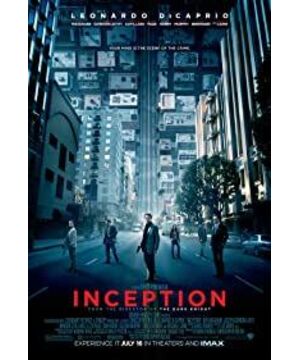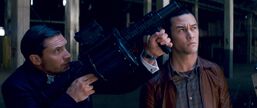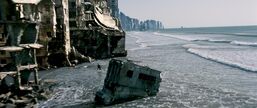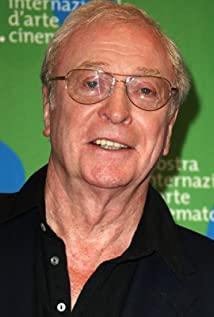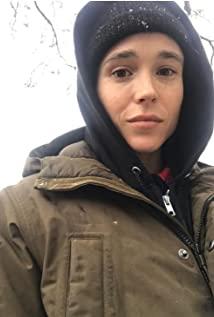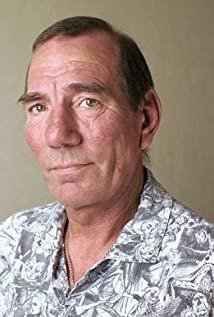The first article: "Long Dream"
http://tieba.baidu.com/f?kz=393460864
This one is too famous, it is about a mentally ill patient Xiangtian Zhelang who is unwilling to sleep, because his sleep may be just a few Hours, but it is possible to spend several times or even hundreds of times longer than a few hours in a dream. The psychiatrist observed his sleep and found that his eyeballs turned violently when he was asleep countless times that of an average person. The next day, Xiang Tian woke up and told the doctor that his dream lasted for one and a half years. The next one was a long dream of preparing for the entrance exam for nine years, and the next one was a dream of fighting operations in Vietnam for 10 years, 20 days later. , Xiang Tian Yiye’s dream has reached a span of 50 years. After he woke up, he couldn't even remember anything on the earth, and used the language of the world in the dream to communicate with people. In the next few months, Xiang Tian's dream began to span a thousand years...Finally, Xiang Tian dreamed forever. In the real world, his brain cracked and drifted away in the wind.
This theory of infinite time in finite time coincides with the theory that the time span of each higher level of dreams in the movie is extended by nearly twenty times.
Chapter 2: "The Devil's Theory"
http://mh.92eu.com/show_mh_list.aspx?classid=528
There is a theory that is popular on campus. Everyone who hears it will be persuaded to commit suicide. Some people are always curious about themselves Will not be persuaded, but everyone who tried committed suicide.
Ito did not express the content of this theory in this article, but it can be concluded that this theory is the same as the theory of persuading people to commit suicide in order to return to the real world in The Matrix. Moreover, it is also carried out by jumping off the building.
Chapter 3: "A City Without Streets"
http://comic.kukudm.com/comiclist/10/39/1.htm
The theme of this article is to criticize the reality of modern people's voyeurism and the lack of protection of privacy. But the beginning of the manga is the heroine's dream. The heroine often dreams of Kishimoto, an introverted boy in the class, and develops a good impression of Kishimoto in this way. The actual situation is that Kishimoto sneaks into the heroine's room at night, speaks in her ear, and allows the heroine to see herself in her dreams, so that she can fall in love with herself. This in itself is an "inception" operation.
The level of dreams and the grafting of dreams in the movie should be the original creation of the screenwriter, but the above three theoretical foundations can often be seen in various movies, novels, and comics.
View more about Inception reviews


